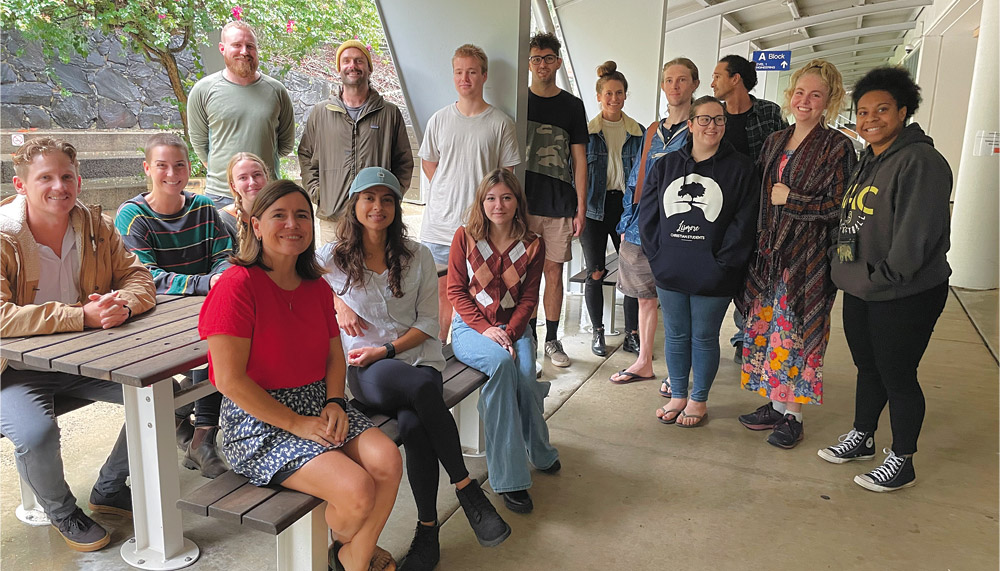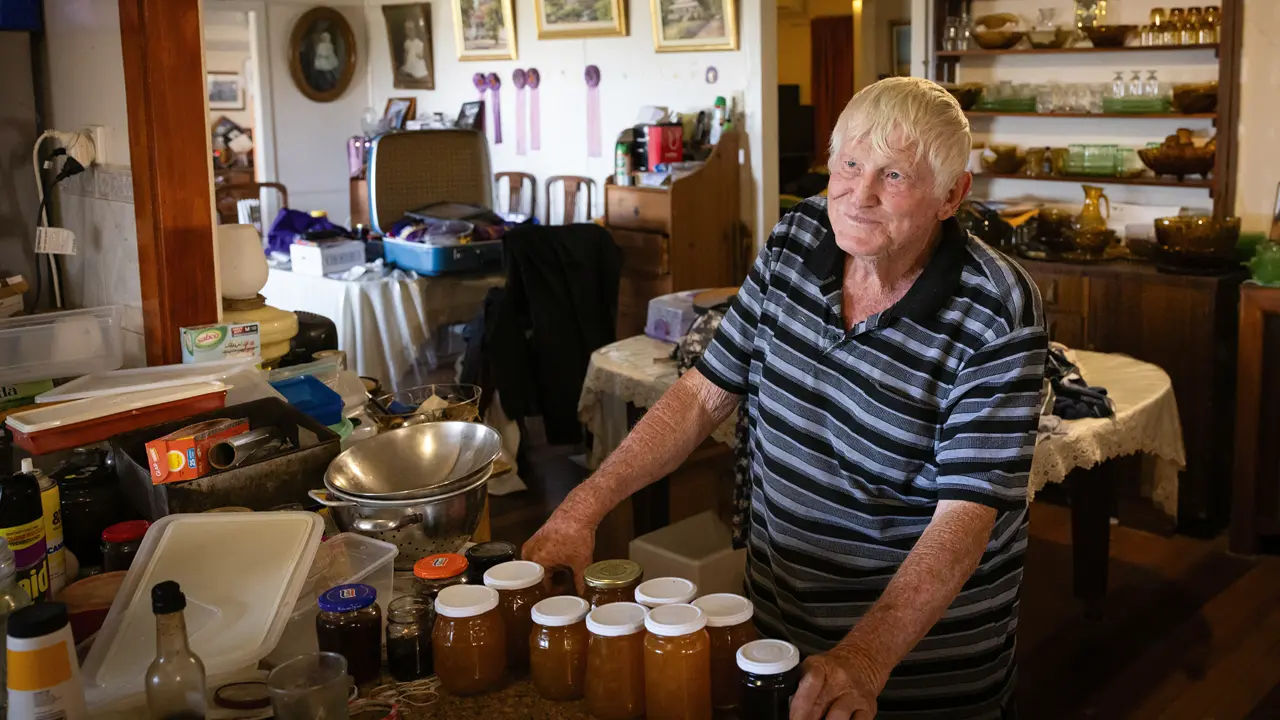Launched last year, an undergraduate course in regenerative agriculture at Southern Cross University is drawing a new student market into food and fibre production.
Story Mandy McKeesick Photo Southern Cross University
Food and fibre production in Australia is continuing to evolve, and as part of this trend last year Southern Cross University (SCU) launched a course in regenerative agriculture that is attracting people from all walks of life.
“Regenerative agriculture is a whole suite of practices aimed at improving soil health and long-term farm resilience,” says Dr Hanabeth Luke, the senior lecturer who coordinates the new program. “Productivity and profitability are major aims for farming businesses, but regenerative agriculture is a bit of a paradigm shift, understanding that to build long-term resilience some changes to practices are needed.”
Hanabeth studied environmental science at SCU and for her PhD interviewed farmers about competing land uses. “I conducted a three-year project with the Australian Macadamia Society to look at what was driving farmer decision-making,” she says. “I became interested in resilience and what it meant to build resilience into the future.”
Hanabeth then led a national project for the Soil Cooperative Research Centre, running a landholder survey in each state. “Farmers manage half of Australia, so who better to work with than farmers who already have an innate knowledge of landscape and how it works? I’m interested in how their knowledge intersects with science and best practice.”
The regenerative agriculture course aims to provide a holistic approach to landscape management, incorporating soils, plants, animals, people, economics and supply chains. Working closely with the Australian Institute of Ecological Agriculture, the course was designed by an industry panel put together by SCU’s Regenerative Agriculture Alliance. The panel includes carbon champion Dr Terry McCosker, Indigenous foods leader Bruce Pascoe, grazier Dr Charles Massey, Farmers for Climate Change’s Verity Morgan-Schmidt and regenerative farmer Col Seis.
With 120 students enrolled in the course in 2020 and another 120 enrolling for the current year, regenerative agriculture is attracting a wide range of both young and mature-age students.
This story excerpt is from Issue #137
Outback Magazine: June/July 2021









